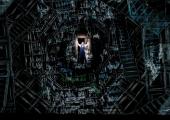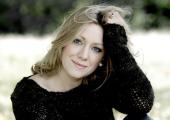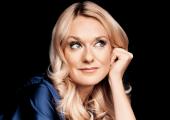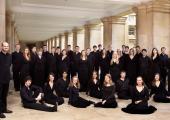Manon Lescaut, Welsh National Opera
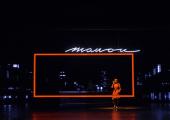
Puccini charmer rehoused in an airport lounge, saved by the conductor
As before, WNO have a theme for their new opera season: this time it’s Fallen Women, a topic that might well attract the attention of the Equal Opportunities Commission. Surely men have the right to fall as well; we await, in June, The Fall of the House of Usher, a much fairer piece than Puccini’s Manon Lescaut, which opened the company’s winter season in a new production by the Polish director Mariusz Treliński. In Debussy’s Usher brother and sister both fall, and the house falls on top of them.


